Text
PERSONAL FEEDBACK
Talking about the stories that were read during our classes in Reading in Philippine History greatly help us in the process of expanding and exploring knowledge of history from the perception of the Filipino people. We can improve our Filipino identity, government, and society prior to foreign intrusion by concentrating on indigenous cultures and early communities.
This helped us a lot in understanding the awakening of Filipino identity and the struggle for freedom.As Students this knowledge enable us to critically examine the long-term effects of imperialism in the Philippines, fostering greater appreciation for the sacrifices made by those who fought for sovereignty. It also helps us reflect on the long-term impact of this period on the current political and economic structures of the country.Each one of us learn about the struggles of early Philippine leaders in shaping national policies, responding to post-war recovery, and establishing diplomatic relations as we approach this section for study.
To summarise, studying these times of history has provided. Some student like us gain more in-depth and critical understanding of the Philippines' history, from early settlements to colonisation, nationalism, imperialism, and independence. It will help children develop a sense of identity, appreciate the challenges faced by the country, and understand that history is a continuous thread that shapes the present when viewed through a Filipino perspective. Knowledge not only raises our awareness of history, but it also encourages citizens to be more engaged and deliberate in shaping the country's future.

Author: Jolina C. Rivera & Richer B. Palacio
Video and Background music.
youtube
youtube
1 note
·
View note
Text

CONCEPTUAL ANALYSIS
Throughout the history, societies, ideologies, and governance have been shaped by the fundamental propaganda that shapes public opinion or independence of movements that alter national identities of many Pilipino people are examples of ideas that have left a lasting impact on this civilizations. This essay does just that by explaining what all of that means, why it matters, and what it implies for the actual world, providing us with a better understanding of how those concepts impact political and social notions for better understanding. These are not merely academic concepts; they have a real impact on culture, revolution, and politics.
The Power of Ideas in Society
Propaganda — the intentional dissemination of information, often to advance a particular agenda — has been one of the most powerful tools in history. Authors and entertainers use it to manipulate their narratives, for good or ill. One of the historical highlights of propaganda was during world war II, when Nazi Germany used propaganda as a tool to impose nationalist and anti-Semitic ideologies to a wide public, influencing the way the whole population viewed the world.
“Its heart is a code of conduct or guiding principles, which could be compared to the Kartilya of the Katipunan, which was authored by Emilio Jacinto. These types of documents establish moral foundations and band people together around a common cause. Often, they were at the center of revolutions or movements seeking radical change, referred to as Himagsikan in Filipino history. One other way how the ideology engendered significant tangible changes(P2) is by ideating the Philippine Revolution of 1896, which departed indeed due to these ideologies which has political revolutions.
We know these things, because historians (otherwise known as historyadors) have recorded, dissected and explicated the past. Geographic and historian Teodoro Agoncillo providing vital insights into the Philippine Revolution, we would find it hard to appreciate the significance of our past; in fact, without much historians, we would lose the value of our history. Their work has resonance beyond academia in terms of national identity and conscience.
Conflict, Fragility, Freedom and Human Rights
Throughout in our history Troops — organized military forces — have been involved in war and peacetime since ancient history. Be it the protection of a nation’s sovereignty or the guarantee of international security, armed forces are a vital component of world politics. But war is rarely waged for that reason: It’s fought for a greater aim, independence. Many countries, such as the Philippines, which became independent from the United States in 1946 after years of colonialism, have histories noted by the pursuit of freedom from external control.
Sadly, sexual enslavement is one of the most egregious crimes that are often associated with conflict. “In times of conflict, this abhorrent practice—whereby coercion or the use of force is used to impose sexual exploitation on individuals—has sadly existed. One infamous example is the use of comfort women by the Japanese Imperial Army during World War II. This contentious epoch of world history serves to chronicle the need for relentless activism and litigation to safeguard human rights.
Equally distressing is the way marginalized groups—those that are denied inclusion in the political, social, or economic systems—are treated. Society has a tendency to disenfranchise the poor, minority racial groups, and in particular, indigenous peoples. In order for real progress to be made, systemic inequalities must be destroyed in order for all people to be treated equally under the law.
The idea of dignity of this society, the basic respect and self-worth that each and every person is entitled to have, lies at the heart of this conflict that where it was started many years ago. According to the Universal Declaration of Human Rights, which declares that everyone has the right to have dignity as a fundamental human right of every person, societies that respect and preserve dignity promote justice and fairness.
The Development of Social Structures
Society as a whole nation,country etc. must operate in a way that benefits its members, regardless of individual rights. Humanitarian actions are relevant in this situation. Humanitarian groups like the Red Cross, Unicef and Doctors Without Borders strive to enhance human welfare through medical assistance, disaster relief, and social justice campaigns. They have an essential role in reducing suffering, particularly during emergencies. Extending the help for the unfortunates of some calamities or war.
In the meantime, society is still shaped by different economic and social classes in our country. The peasants or the farmers, who have traditionally been the foundation of agricultural economy as small-scale farmers and laborer's, are one such group. They have frequently been subjected to political neglect and commercial exploitation in spite of their significance. The farmers rights and land reform were the goals of movements of the Sakdalista rebellion in the Philippines, Sakdalista means "to accuse". Many farmers were helped by the implementation of land reform.Thanks to the bravery of our ancestors.
The educated elite people known as the Illustrados way back in our history, who pushed for reforms and freedom under Spanish control governance, was another significant social class in Philippine history. These intellectual man, including national heroes like José Rizal and Marcelo H. del Pilar, played a vital role in advocating for independence and shaping national identity of our beloved country. Their enlightenment paved the way for resistance movements that would eventually lead to freedom.They encourage lots of pilipino people to fight for our independence towards to the conquerors.
The Power, Colonialism, and Shifting Perspectives
Neocolonialism, a system that is powerful to all nations continue to use the economic and political tools to use influence over weaker governments or country, They use this in many former colonies even after they have gained formal independence.No. example of that is the Philippines, The economic reliance on former colonial powers, unjust trade deals, and foreign interference in domestic affairs are examples of this indirect control of these 1st world countries. For example, economic systems in African countries continue to favour Western nations over their own people. Philippines is also one of the country that still experience this is kind of system until now a days.
For deeper understanding of the idea of a paradigm—a framework or model that establishes how individuals perceive the world— it is very essential to comprehending these changes in influence and power. Societies have experienced paradigm shifts, or fundamental alterations in thinking, throughout history.They see these events as an opportunity however other see these as an issue. One significant scientific changes was the shift from geocentrism, which maintained that the Earth was the centre of the universe, to heliocentrism, which acknowledged that the Sun was. When new ideologies replace out dated systems in politics and society, such as democracy replacing absolute monarchy, paradigm changes take place.
In conclusion
These political and social ideas describe how the societies work,on how to people interact, and how to every countries change; they are not only scholarly phrases that you can see in a book. While recognising the challenges of marginalized people promotes inclusivity, and understanding propaganda aids in identifying media manipulation now a days. The History is like both a guide and also a warning for us, as the struggle for freedom and dignity rages on in many forms now a days. In order to guarantee that these change results in justice, equality, and genuine human growth, we must continue to be aware of these ideas and their long-term effects as societies advance and be more vigilant. Let us always remember that our ancestors fight for our freedom .
Author: JOLINA C. RIVERA
RICHER B. PALACIO
2 notes
·
View notes
Text

PARADIGM
A paradigm refers to a typical example, model, or pattern of something, especially a set of practices or concepts that are widely accepted and followed within a particular field or discipline. It can also refer to a generally accepted set of assumptions or beliefs that shape how people understand and interpret the world.
0 notes
Text

POLITICS
Are activities, actions, and processes that involve the governance, decision-making, and distribution of power within a society or community. It encompasses the ways in which individuals, groups, or institutions organize themselves to influence,make, or implement decisions that affect the public or society as a whole.
0 notes
Text
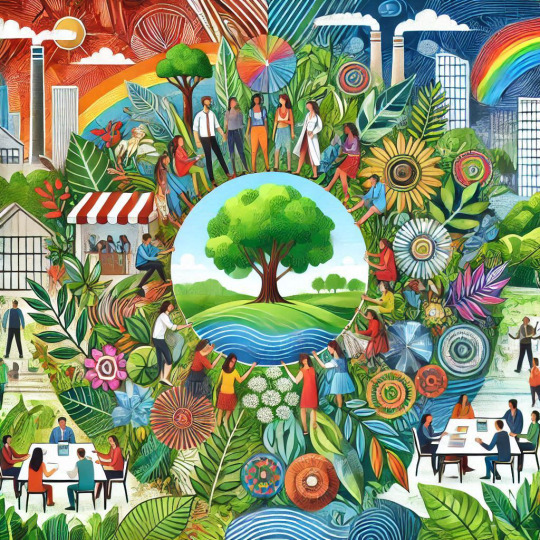
NEOCOLONIAL
the control by a state (usually, a former colonial power) over another nominally independent state (usually, a former colony) through indirect means.
0 notes
Text

ILUSTRADO
A term used to describe the well-to-do intelligentsia of the Philippines with the double meaning in Spanish and Filipino of "enlightened one".
0 notes
Text
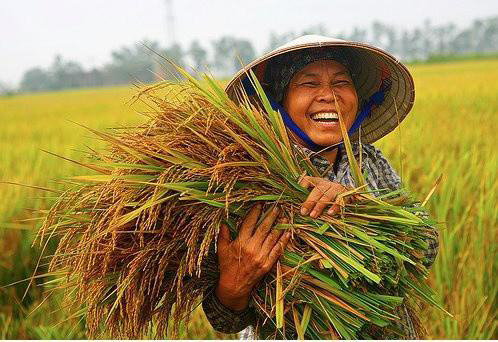
PEASANT
Any member of a class of persons who till the soil as small landowners or as agricultural labourers.
0 notes
Text

HUMANITARIAN
Having concern for or helping to improve the welfare and happiness of people or relating to ethical or theological humanitarianism.
0 notes
Text
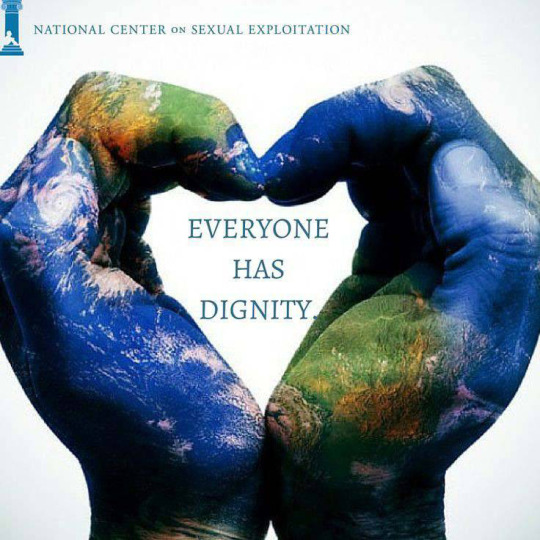
DIGNITY
The sense that you have of your own importance and value, and other people's respect for you.
0 notes
Text

MARGINALIZED
Refers to the act of treating a person or group as though they are insignificant by isolating and/or disempowering them.
0 notes
Text

SEXUAL SLAVER
Form of sexual exploitation of individuals through the use or threat of force, often occurring in times of armed conflict or belligerent occupation.
0 notes
Text
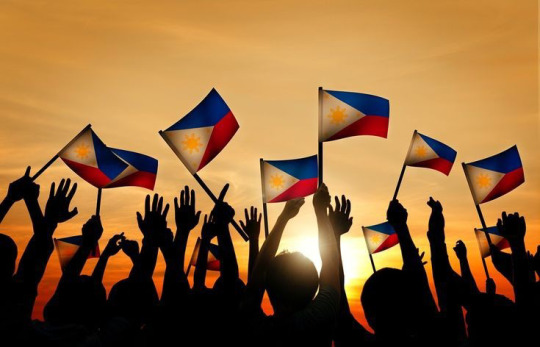
INDEPENDENCE
Freedom from control by an external power.
0 notes
Text
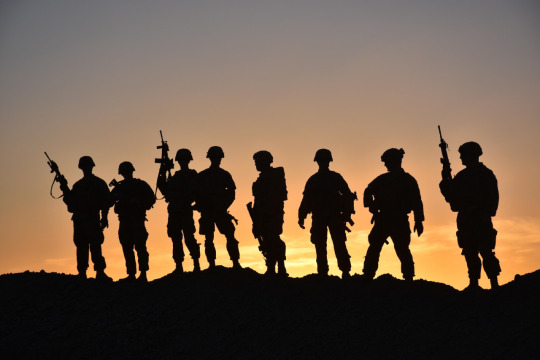
TROOPS
A group of soldiers, especially a cavalry unit commandede by a captain, or an airborne unit.
0 notes
Text

HISTORYADOR
Specialized in a particular period, country, or subject. They are also authorities in history.
0 notes
Text

HIMAGSIKAN
Is a rapid, fundamental transformation of a society y's class, state ethnic or religious structures.
0 notes
Text
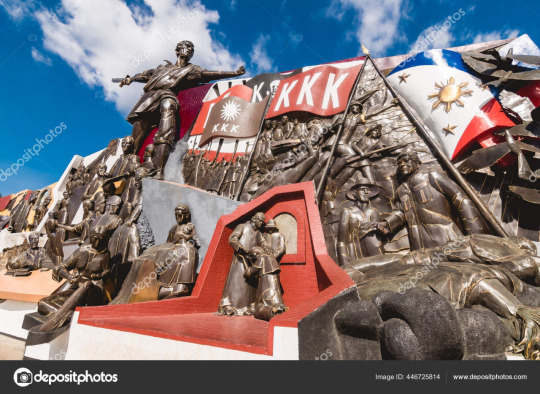
KARTILYA
A set of guidling principles or a code of conduct.
0 notes
Text
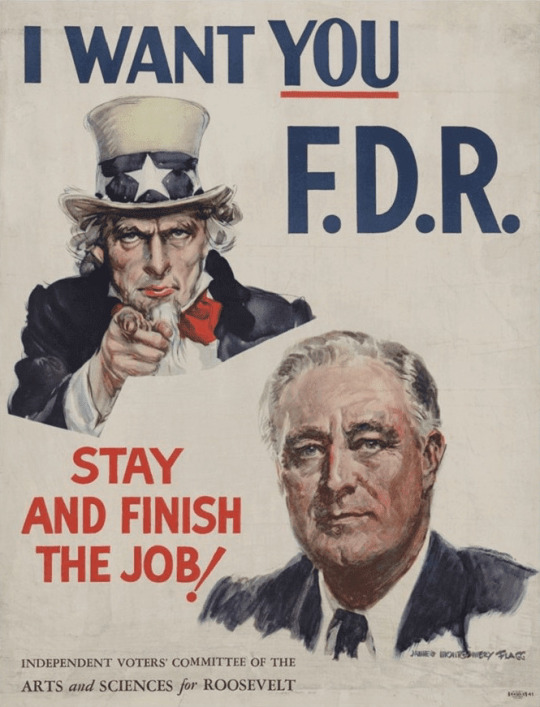
PROPAGANDA
Person who creates or spreads propaganda, wich information that is spread to influence people's beliefs,actions, and thoughts
1 note
·
View note